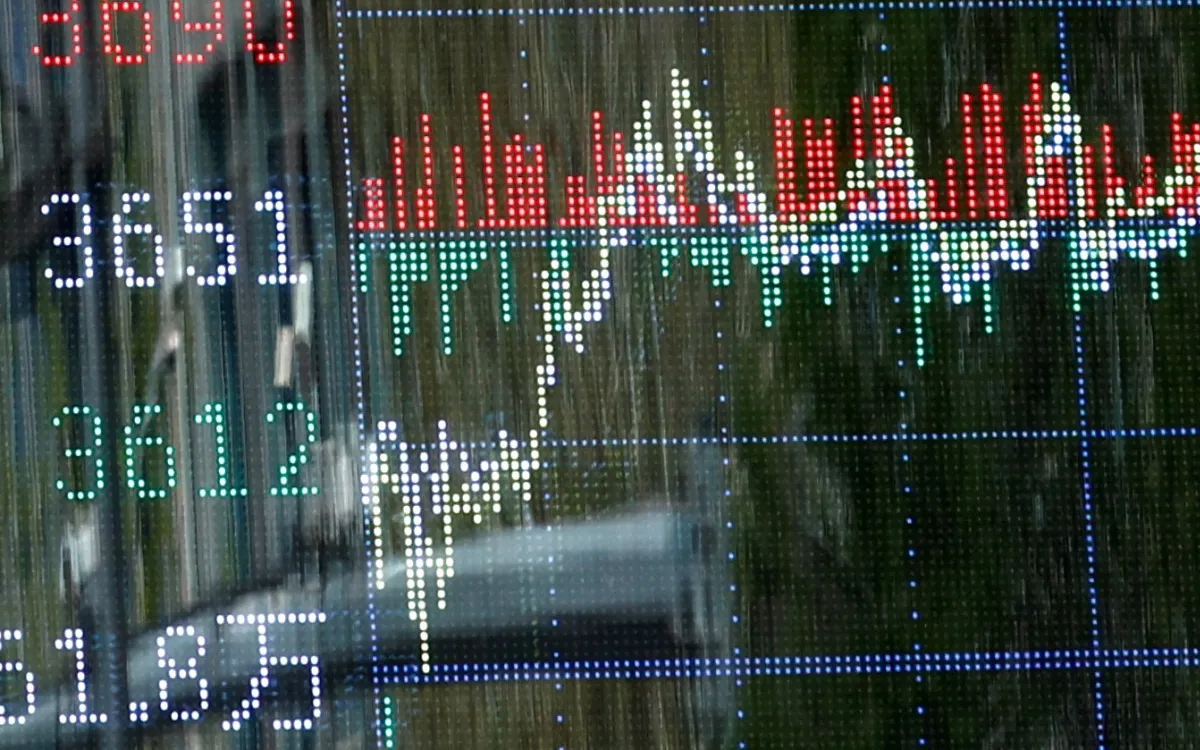
In a recent statement, US President Donald Trump emphasized that no parties will be exempt from the ongoing trade tensions, asserting that his administration is committed to addressing trade imbalances with China. This announcement comes as the president appears to slightly reduce pressure on China by outlining tariff exemptions for certain electronic products, a significant category in which Beijing is a major exporter to the United States.
During a post on his Truth Social platform, Trump insisted that there is "no Tariff 'exception'" for these goods. He clarified that while smartphones, laptops, and other electronic products are still subject to a 20 percent tariff, they fall into a "different Tariff 'bucket'." This nuanced approach signals a strategic pivot, albeit one that does not alleviate the overarching pressure on China.
Trump indicated that he would unveil “very specific” details regarding future trade measures on the following Monday. US Commerce Secretary Howard Lutnick mentioned that semiconductor tariffs could be implemented within the next month or two, suggesting that the administration is poised to maintain a robust stance on trade.
In a notable development, Trump stated that pharmaceutical products would also be excluded from the reciprocal tariffs that aim to rectify trade imbalances. This terminology suggests a continued focus on leveraging tariffs as a tool to equalize trade relations, particularly with nations deemed hostile, such as China.
The tit-for-tat nature of the trade conflict has resulted in US tariffs on Chinese goods skyrocketing to 145 percent, while Beijing has retaliated with a 125 percent tariff band on US imports. Following Trump's announcement of tariff exemptions, China welcomed the move as a "small step" in the right direction. However, they insisted that the Trump administration should "completely cancel" its entire tariff strategy, highlighting the complexities of negotiations between the two nations.
Trump's trade policies have had a significant impact on financial markets, causing fluctuations as he announced sweeping import taxes on various trade partners, only to later implement a 90-day pause on most tariffs. Despite the uncertainty, the White House maintains a hopeful outlook regarding a potential deal with China, although officials have made it clear that they expect Beijing to initiate further communication.
As the world's two largest economies continue to navigate this turbulent trade landscape, it remains to be seen how Trump's latest comments will influence future negotiations and the broader implications for global trade.